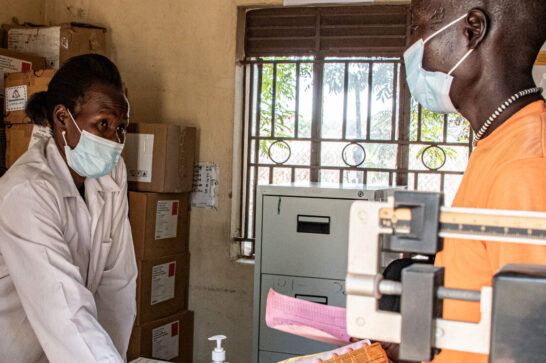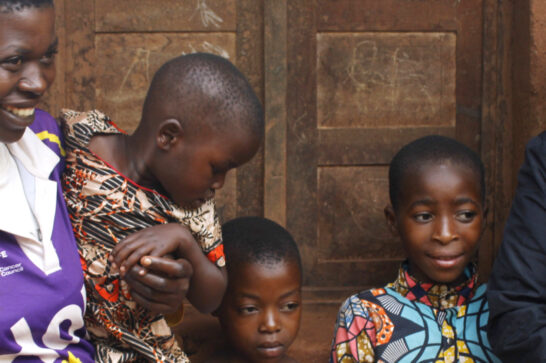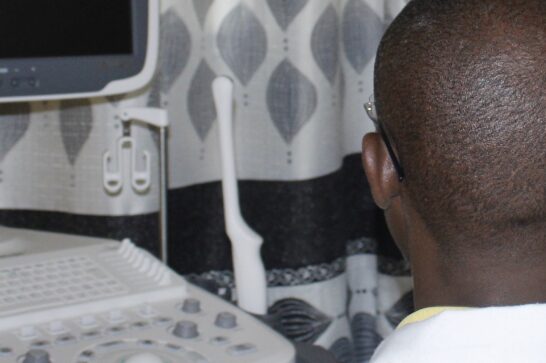While the world is recovering from the COVID-19 pandemic, the fight against other infectious diseases, such as HIV/AIDS and tuberculosis (TB), has never stopped.

The World Bank expects extreme poverty to rise globally for the first time in over 20 years and many HIV and TB programmes have been affected by the consequences of COVID-19, disrupting many years of progress. It has never been more important to join forces in the fight against HIV/AIDS and TB.
Investing in the health of young women
In sub-Saharan Africa, adolescent girls and young women are more than twice as likely to acquire HIV as their male peers. The root causes of their vulnerability are gender inequality, discrimination, gender-based violence, limited access to education, and lack of tailored healthcare services.
From the peak of the HIV crisis in the late 1990s and early 2000s, annual AIDS-related deaths and new infections have been cut by half. Worldwide, of the 38 million people living with HIV, 26 million received antiretroviral therapy by June 2020. Since 2010, the number of HIV-related deaths decreased by 39% (UNAIDS).
Hubs to support adolescent girls and young women
Cordaid works in 24 of the 26 provinces of the DRC. We are responsible for the distribution of HIV and TB medicines and community health activities, both for prevention and to facilitate treatment.
Addressing the disproportionate impact of HIV by investing in the health and rights of vulnerable adolescent girls and young women helps them to become healthy and empowered.




